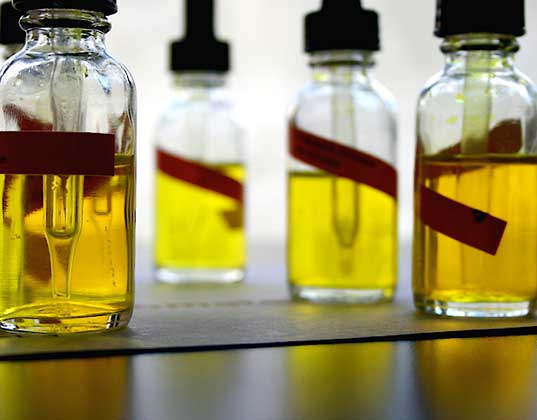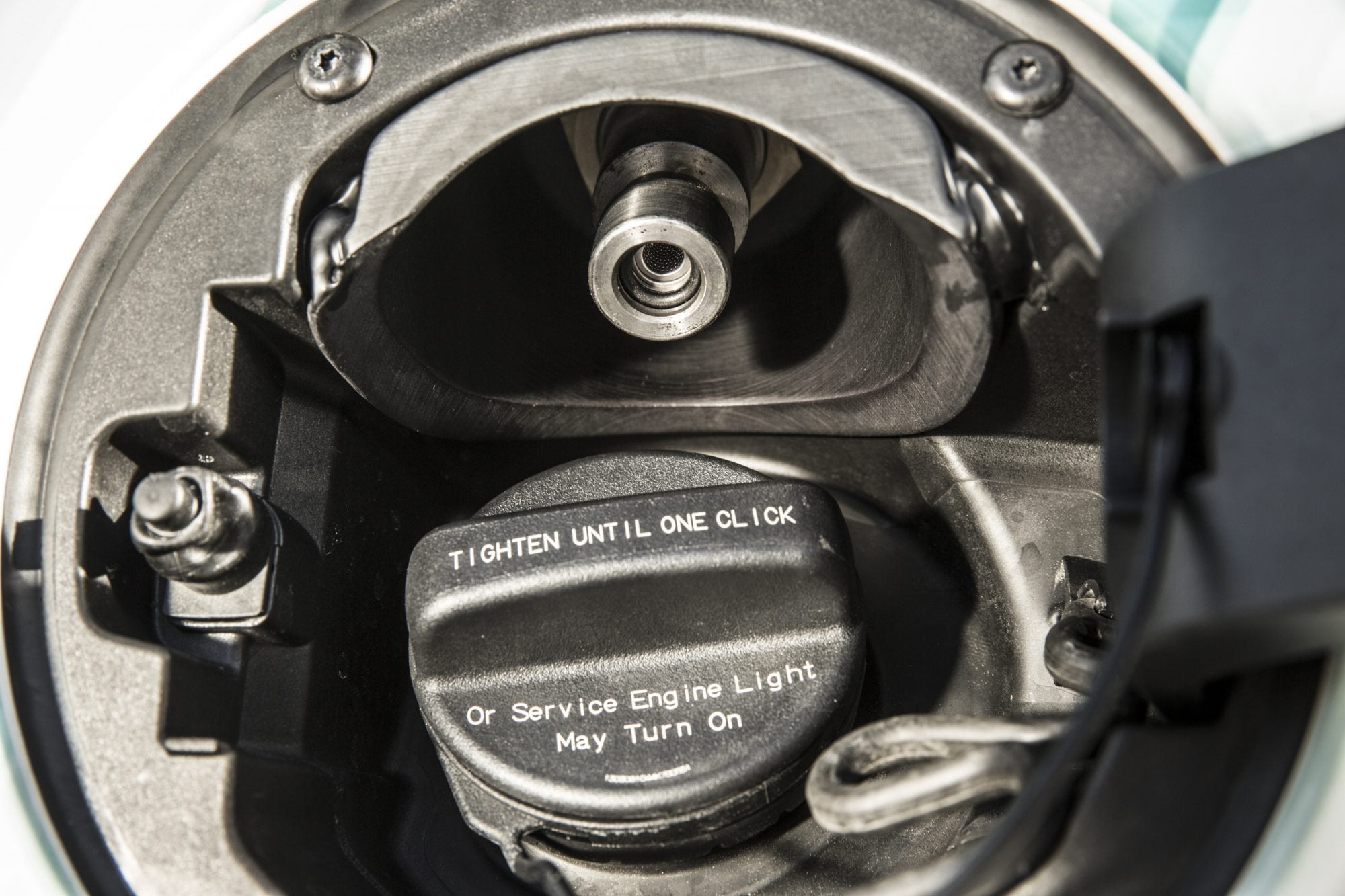Walk into any auto parts store in the country and the first thing you’ll see is a wall of fuel additives. They all claim to do different things, and they all swear they’re the product you need to get the most out of your daily driver. So what are fuel additives — and should you be using them in your car?
What Are Fuel Additives?
First, what are fuel additives? We don’t recommend walking into AutoZone to try to answer this question. You’ll end up overwhelmed by choices and will likely walk out as confused as you were when you entered.
At their most basic, fuel additives are simply substances designed to be added to your vehicle’s fuel tank. That’s the easy part. You start running into complications when you take a closer look at what all these different additives are supposed to do.
Different Types of Fuel Additives
What are the different types of fuel additives that you should be on the lookout for? We can break down additives into two categories — maintenance and performance.
Maintenance additives take the form of gasoline stabilizers — which keep gasoline from turning to varnish in unused engines — or fuel-line antifreeze to help you contend with water condensation in the fuel system during the cold winter months. Fuel injector cleaners are popular as well, and help to clear dirt and debris from your injectors. Many additives also contain upper cylinder lubricants.
For diesel engines, you’ll find things like anti-gelling additives that prevent your fuel from freezing or solidifying during cold weather.
On the other side of the coin are performance additives. Octane boosters, as their name suggests, help to boost the octane rating of your fuel. For older cars, this often helps to offset the octane loss that occurred when manufacturers stopped including ethyl lead in their gasoline. These boosters don’t generally have a lot of benefits for the average daily driver.
Should You Be Using Fuel Additives?
Now that you know how to navigate the fuel additive wall at your favorite auto parts store, should you be using them in your new car?
While you generally won’t need things like fuel stabilizers unless you’re storing your car for long periods, even new cars can benefit from using fuel injector cleaners regularly. The massive underground tanks that your local service station uses to store their fuel aren’t completely clean. Dirt, debris and rust flakes can make their way into your fuel system, and it doesn’t take much to clog your fuel injectors.
Dirty or clogged fuel injection systems can negatively impact your car’s performance and make it harder to get where you’re going. You will also see negative impacts on your fuel economy, meaning you’ll end up taking more trips to the gas pump.
Things to Consider
While you can operate your vehicle perfectly fine without fuel additives, there are just as many reasons to dump some fuel injector cleaner or other additives into your tank the next time you fill up. It’s an effortless way to keep your car running optimally. All you have to do is remember to tip a bottle into your tank next time you stop at a gas station!










